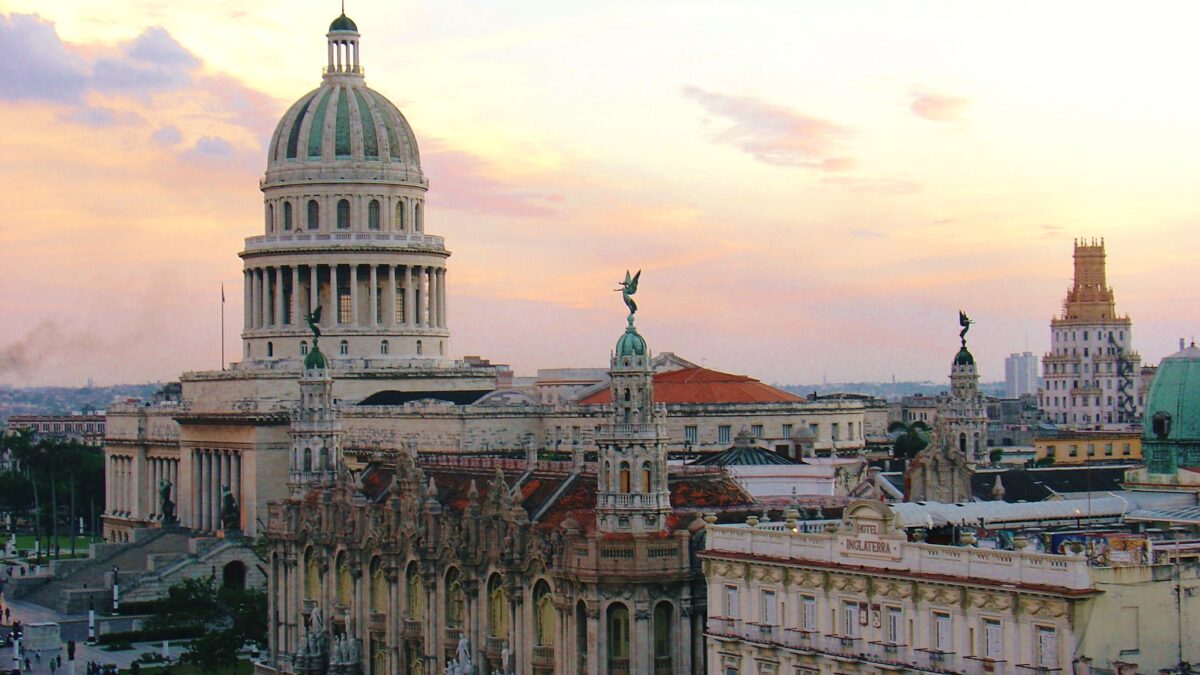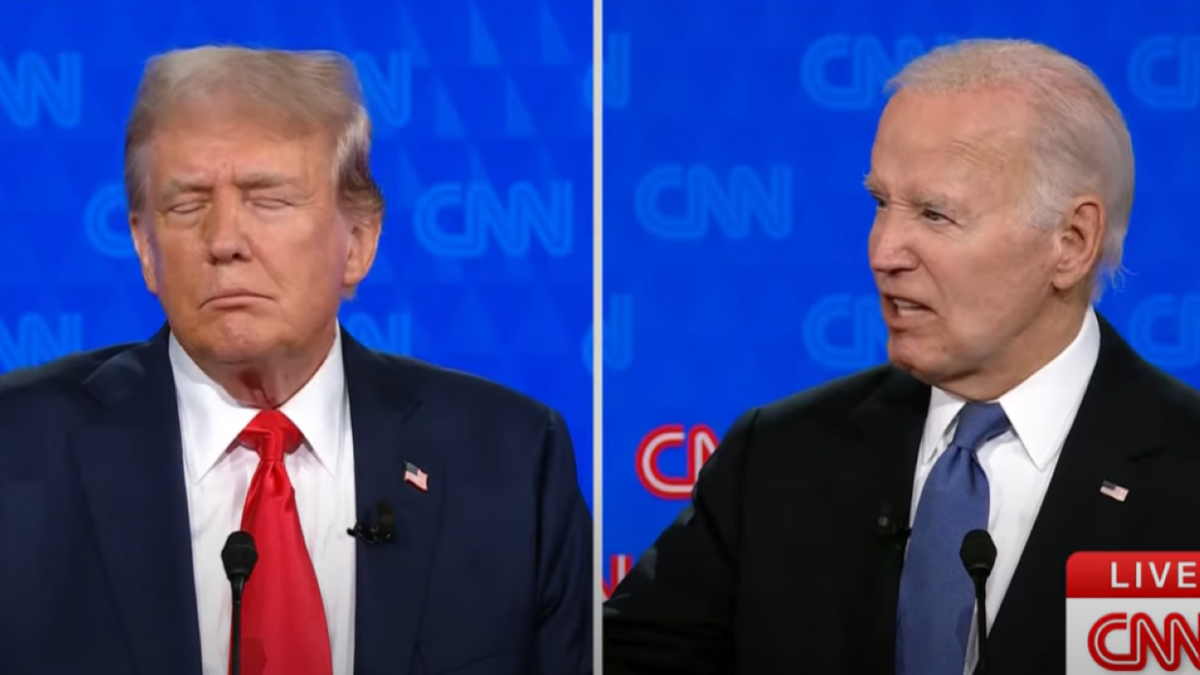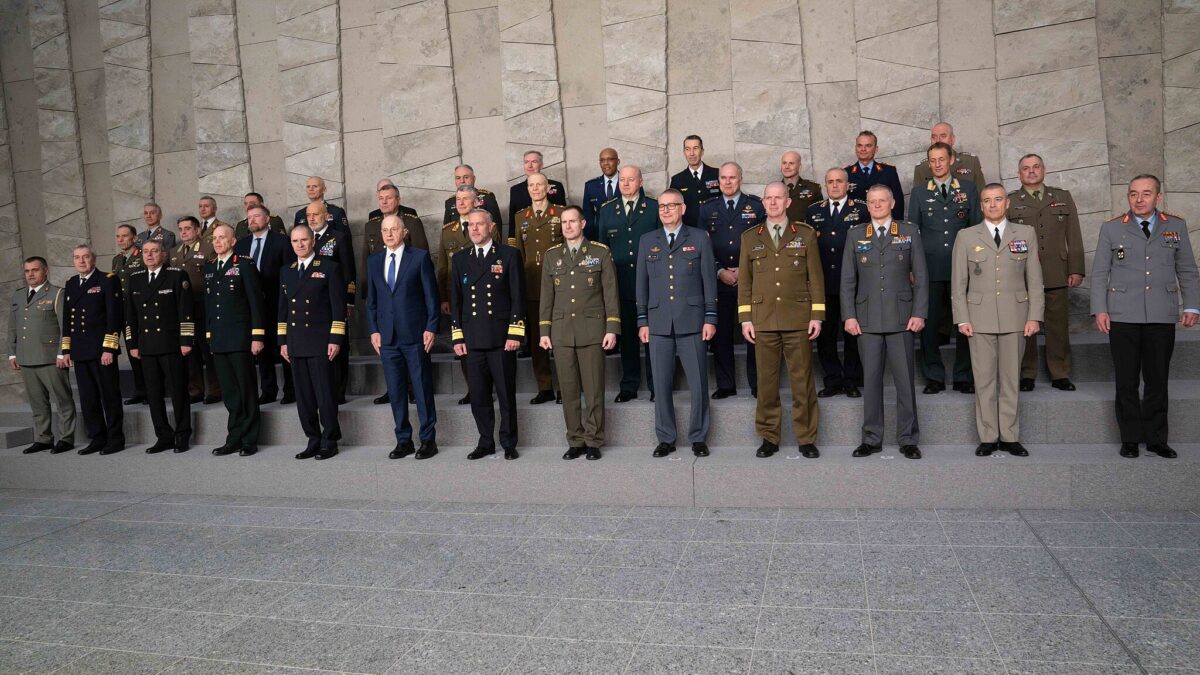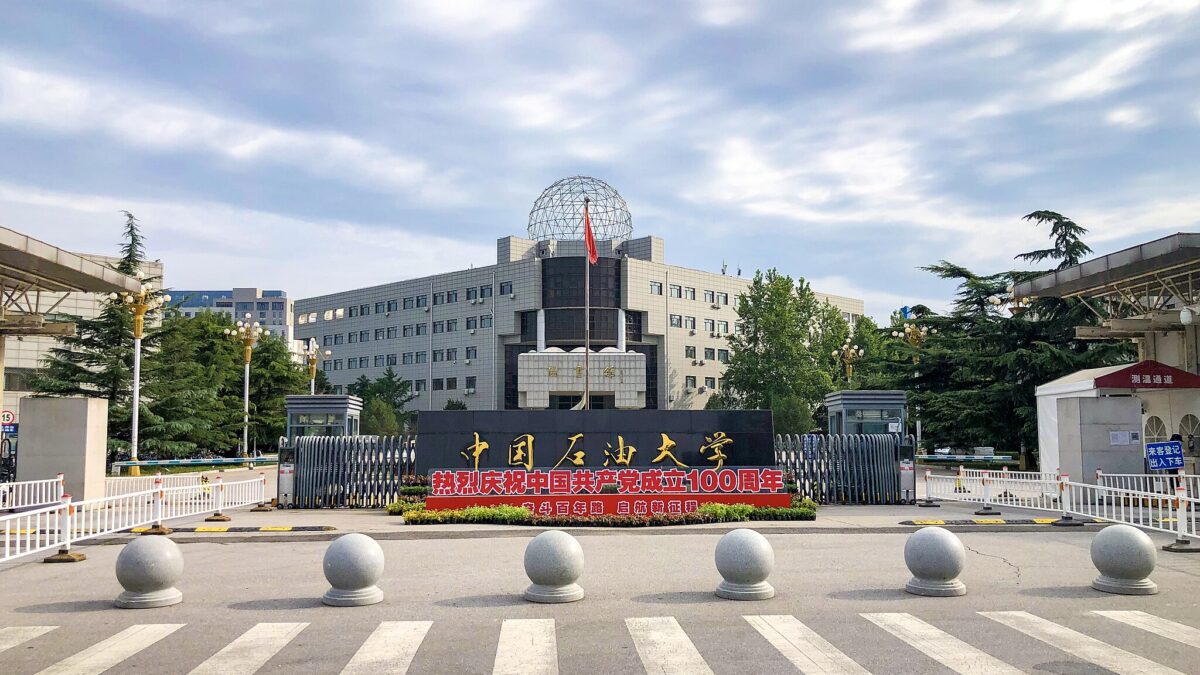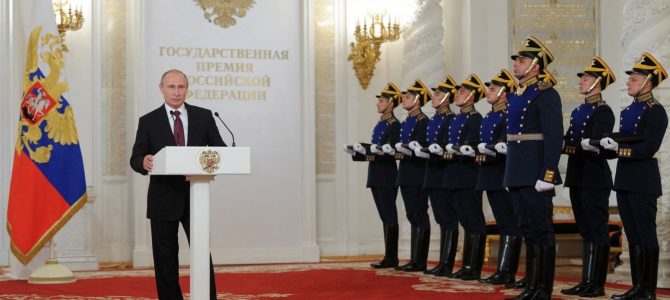
Is President Trump just a crony of Vladimir Putin’s Russian government? For many on the Left, the answer is yes. They claim this because of his statements that give support for Russia’s actions and some of his advisors’ connections with Russian government.
They also say that Russia influenced the 2016 election to get Trump elected. Yet if President Trump were a Manchurian candidate bent on making Russia “great again,” then it wouldn’t be in his speeches, but rather in his administration’s policies regarding Russia. The personnel that make his foreign policy team would also matter.
What Vladimir Putin Wants
To understand what a Russian sympathizer would try to implement, one needs to first look at what Russia’s objectives are. Putin’s main goal is to regain the lost influence Russia had before the collapse of the Soviet Union. Putin wants to control or have sole influence over former Soviet states. This is why Russia has been moving troops and occupying land in Georgia and Ukraine.
Putin wants to his annexation of Crimea be considered legitimate, and to have the North Atlantic Treaty Organization (NATO) and European Union acknowledge that no more former Soviet Union states will be brought into either organization. In the Middle East, Russia has been militarily propping up the Syrian dictatorship.
So a pro-Russia policy would allow Russia to keep control over occupied territories, advocate for NATO’s breakup, and encourage Russian influence in Middle East. The best way to achieve these policies would be to install pro-Russia personnel in the Trump administration, who view Russia as a victim of the U.S. expansion that followed the end of the Cold War.
Trump’s Foreign Policy Team Is Skeptical of Russia
Yet the foreign policy team Trump has assembled does not maintain that pro-Russian narrative. During his confirmation hearing, Secretary of Defense James Mattis said Russia is a “grave concerns on several fronts.” Secretary of Homeland Security John Kelly, in his Southern Command Report to Congress back in March 2015, told of the increase in Russian activity in Latin America. Kelly said Putin is returning to “Cold War tactics” in an attempt to “erode U.S. leadership.”
Trump’s United Nations ambassador, Nikki Haley, has expressed deep criticism of Russia and its occupation of Crimea, saying “we should never trust Russia.” At the vice presidential debate in October, then-candidate Mike Pence took a strong stance against Russia. The new national security advisor, H.R. McMaster, views Russia as a key threat to U.S. global leadership.
The most recent addition to the Trump administration is the new ambassador to Russia, Jon Huntsman. After his failed 2012 presidential campaign for president, Huntsman worked at the Atlantic Council, a think tank that focuses on Atlantic powers and has been an advocate of NATO since its founding. As one Russian politician pointed out, the Atlantic Council is critical of Russia and its propaganda efforts.
Those in the Trump administration who will have most influence regarding Russian policy are very skeptical of having close relations with the nation. Trump could have found people who see Russia in a more sympathetic way to fill top-level positions in his administration, but he did not.
What Pro-Russia Policies Has the Trump Team Enacted?
What pro-Russian policies has President Trump started since his inauguration? The short answer is: very few. What has happened could even be viewed as anti-Russian. Pence’s first overseas trip was to NATO to assure allies that the United States stands firmly with them. On his second overseas trip, Mattis went to NATO again to reaffirm the U.S. commitment to European safety.
In the UN, U.S. representatives again condemned Russia’s annexation of Crimea. The sanctions the previous administration put into place have not been removed. Even in his address to the joint session of Congress, President Trump declared that NATO was “an alliance forged through the bonds of two World Wars that dethroned fascism, and a Cold War that defeated communism.” His verbal support of NATO after becoming president is not something a pro-Russian official would do.
President Trump has also certainly been against Russian influence in the Middle East. He has criticized the Iran Deal and put the Islamic Republic “on notice.” The United States is now sending troops into Syria to engage ISIS strongholds. Trump campaigned on taking a more forceful approach to combating Islamist terrorism, even though doing so conflicts with Russian aspirations within the region.
Fighting Syria and Iran Equals Fighting Russia
Russia has held a military alliance with Syrian dictator Bashar Al-Assad for many years, providing weapons and military personnel to combat ISIS and other rebel forces that are attempting to overthrow the Syrian government. Russia and Syria have had a very close relationship since the Cold War. The military bases Russia has in Syria are its first outside any former Soviet Union territory since the end of the Cold War.
Another ally of Syria is Iran, as the Revolutionary Guard has been assisting the Syrian government in defeating the rebels. Even without their common ally in Syria, Iran and Russia have had very close relations. Iran is a client state for Russia’s military hardware. Days after the Iran Deal was signed, Russia and Iran came to an agreement about Iran purchasing several anti-ballistic missile defenses.
While Russia is allied with both Syria and Iran, so far into his presidency Trump has taken steps against those two Middle East countries. Al-Assad has called U.S. troops in Syria invaders because his government was not notified about their entry. The United States has also stepped up against Iranian aggression throughout the Middle East. These actions make Russian influence in the region more difficult, as the United States is confronting their two key allies in the region, which may expand the conflict and further limit the gains Russia recently made in the Middle East.
Early into Trump’s presidency, we’re not seeing him behave like an agent for the Kremlin. So what is Trump’s relationship with Russia going to be? It is not going to be détente, giving concessions like the United States did during the 1970s. Trump and Putin may just reach an understanding, also known as an entente.
President Trump has laid out what he thinks should be the United States’ priorities in the world, which are focusing on terrorism in the Middle East and being more forceful against China. Trump believes the United States and Russia have mutual goals in these areas, and could assist each other. This could lead to a new relationship with the Russian government.
With his early policies and early staff, however, it does not appear that President Trump will be a pro-Russian administration, especially since it is already the beginning of April and no reset button has been pushed.


